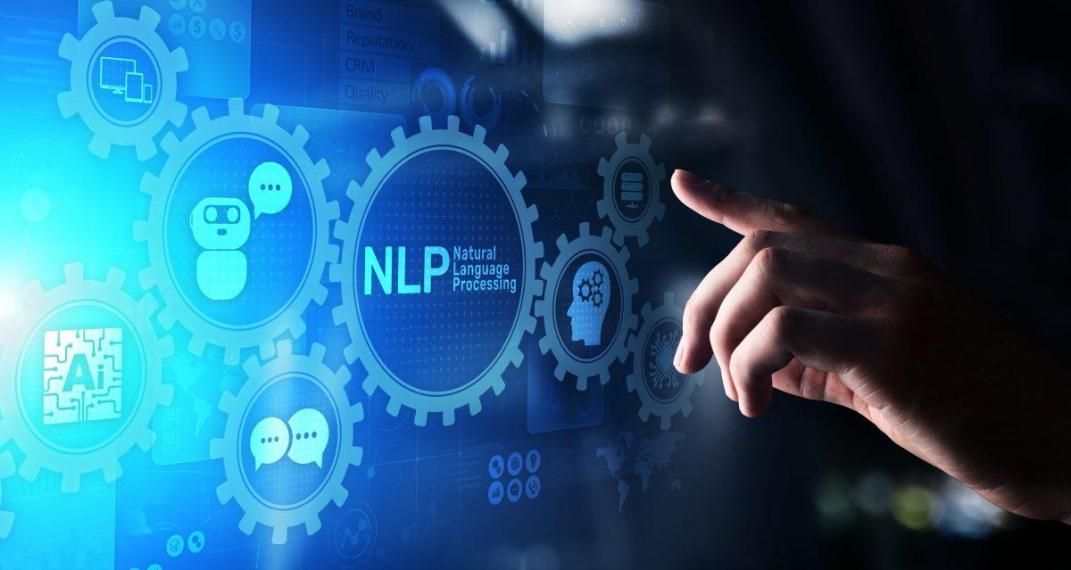Challenges in Developing AI Systems that Understand Natural Language
Artificial intelligence (AI) systems have made significant strides in recent years, demonstrating remarkable capabilities in various domains. However, developing AI systems that can effectively understand and respond to natural language remains a complex and challenging task. This article explores the key challenges in developing such AI systems and discusses potential approaches to overcome these obstacles.

Challenges In Developing AI Systems That Understand Natural Language
Data Collection And Annotation
Training AI models for natural language understanding requires vast amounts of annotated data. The process of collecting and annotating natural language data is labor-intensive and time-consuming. Moreover, ensuring data quality and addressing issues of data privacy and ethical considerations further complicate the data collection process.
Ambiguity And Context
Natural language is inherently ambiguous and context-dependent. The meaning of words and phrases often depends on the context in which they are used. AI systems struggle to understand the intended meaning of words and phrases based on context, leading to incorrect interpretations and misunderstandings.
Lack Of Common Sense Knowledge
Common sense knowledge is crucial for understanding natural language. AI systems often lack the ability to reason and make inferences based on common sense knowledge. This limitation can lead to errors in understanding and responding to natural language inputs.
Limited Generalization Capability

AI systems often perform well on specific tasks but fail to adapt to different contexts or generalize their knowledge to new and unseen situations. Developing AI systems with broader generalization capabilities is a significant challenge.
Overcoming The Challenges
Advances In Data Collection And Annotation Techniques
Recent advancements in data collection and annotation methods have helped address the challenges of data scarcity and quality. Crowdsourcing, active learning, and transfer learning are among the techniques that improve data efficiency and reduce annotation costs.
Incorporating Contextual Information
To improve natural language understanding, AI systems need to consider the context in which words and phrases are used. Techniques such as attention mechanisms, memory networks, and graph-based methods have been explored to incorporate contextual information into AI models.
Knowledge Acquisition And Reasoning
AI systems can benefit from acquiring and utilizing common sense knowledge. Knowledge graphs, symbolic reasoning, and commonsense reasoning modules are approaches that enable AI systems to reason and make inferences based on acquired knowledge.
Encouraging Generalization
Developing AI systems that can generalize their knowledge to new situations is crucial for real-world applications. Meta-learning, domain adaptation, and multi-task learning are techniques that promote generalization by exposing AI systems to diverse and challenging datasets.
Developing AI systems that understand and respond to natural language is a challenging task due to data scarcity, ambiguity, lack of common sense knowledge, and limited generalization capabilities. However, advancements in data collection and annotation techniques, incorporating contextual information, knowledge acquisition and reasoning, and encouraging generalization offer promising avenues for overcoming these challenges. By addressing these challenges, we can advance the field of natural language processing (NLP) and unlock the full potential of AI systems in various applications.
Future research directions in this field include exploring new methods for data collection and annotation, developing more effective techniques for incorporating contextual information and common sense knowledge, and investigating novel approaches to promote generalization in AI systems. These efforts will contribute to the development of AI systems with strong natural language understanding capabilities, enabling more effective human-computer interaction and unlocking new possibilities for AI applications.
YesNo

Leave a Reply